Unable to forget 6-0, Indian army chief daydreams about removing Pakistan from map
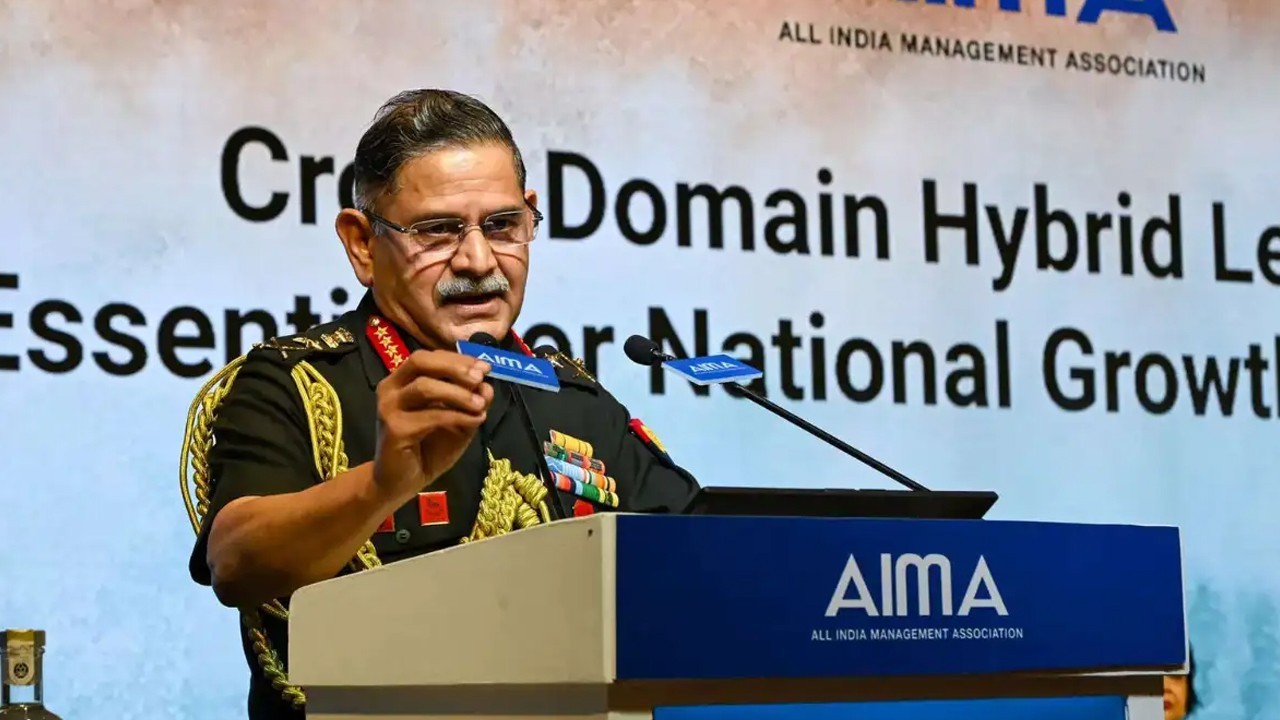
Web Desk
|
4 Oct 2025
Months after suffering a humiliating 6-0 defeat at the hands of Pakistan, Indian Army Chief General Upendra Dwivedi is still beating the drums of war, this time boasting of “removing Pakistan from the map.”
Dwivedi, speaking to troops in Rajasthan’s Sri Ganganagar district on Friday, claimed he would “prepare better next time” and said he would not hesitate to carry out the most extreme acts of aggression “in a manner that will make Pakistan think whether it wants to remain on the world map or not,” according to The Hindu.
He also claimed his forces had struck nine sites in Pakistan, describing them as terrorist locations, and insisted his troops did not target ordinary Pakistanis, despite reports that the majority of casualties from the offensive were civilians.
At least 51 people, including 40 civilians and 11 military personnel, were martyred in what is described here as an unprovoked Indian attack on civilian areas.
“We had identified only terrorist bases. We have no complaints against ordinary Pakistani citizens, but as long as the country sponsors terrorism, we will strike those who support it,” Dwivedi said.
He went on to repeat an unverified claim that some 100 of his soldiers had died in Pakistan, saying that the other side had mistakenly released those numbers; however, no such incident occurred during the conflict. The official death toll from the Indian attack was later released by ISPR.
It is pertinent to note that several international media outlets, and even US President Donald Trump had confirmed that Pakistan shot down Indian fighter jets before any Indian official made such a claim about Pakistan’s losses.
To date, no independent or international outlet has confirmed Pakistan’s alleged aircraft losses to India.
Indian officials have acknowledged on several occasions in press conferences and media interviews that Pakistan had successfully targeted Indian Rafale jets.
The Indian government has also confirmed the deaths of its personnel, announcing posthumous military honors for several soldiers, including four pilots, three of whom were operating Rafale fighter jets during the conflict.
Indian Defence Attache Captain Shiv Kumar admitted that the Indian Air Force “did lose some aircraft” on the night of what he described as unprovoked Indian strikes on civilian areas inside Pakistan.
India’s Chief of Defence Staff, General Anil Chauhan, also acknowledged in an interview with Bloomberg that Pakistan had shot down Indian jets. However, he refrained from specifying the exact number.
When asked directly if Pakistani forces had downed Indian aircraft, he first acknowledged the loss but quickly redirected attention to operational matters, saying, “I think the jet being downed is not important, but why it was downed. The good part is that we were able to identify the tactical mistake we made, correct it, and later flew our jets again, this time with long-range targeting.”
Earlier in April, an attack in the Pahalgam area of Indian-occupied Kashmir left 26 people dead. India quickly blamed Pakistan for the attack without providing any evidence. Pakistan strongly rejected the accusation and offered full cooperation in an independent investigation.
While the United States condemned the Pahalgam attack, it notably refrained from endorsing India’s claim that Pakistan was behind the incident.
On May 7, tensions escalated into a full-scale confrontation when India initiated military aggression against Pakistan. Pakistan retaliated with force and shot down five Indian aircraft, including Rafale jets. India has so far avoided confirming these losses.
The brief but intense conflict saw the use of fighter jets, drones, and heavy artillery from both sides, resulting in significant Indian losses. Eventually, India sought US intervention and signaled willingness for a ceasefire.
President Trump took credit for mediating the ceasefire, claiming that his communication with the leadership of both nations led to the de-escalation.
According to Trump, a truce was reached on May 10 after he warned both countries that the US would halt trade relations if they did not agree to cease hostilities.




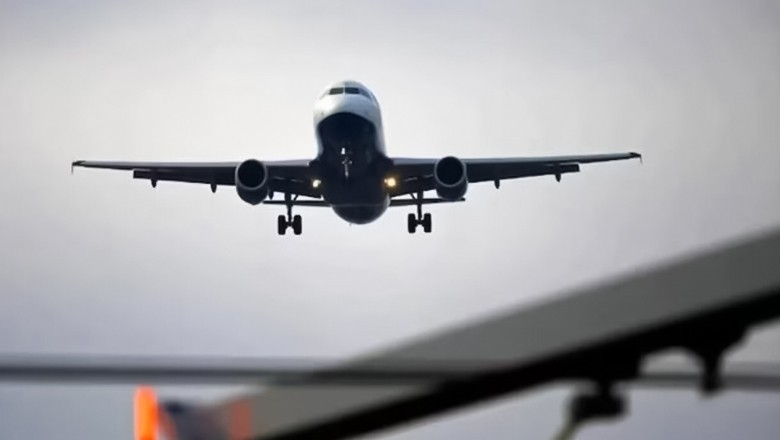

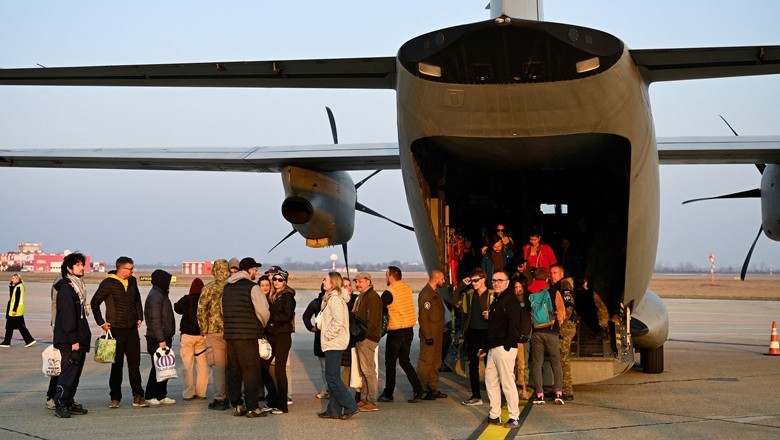
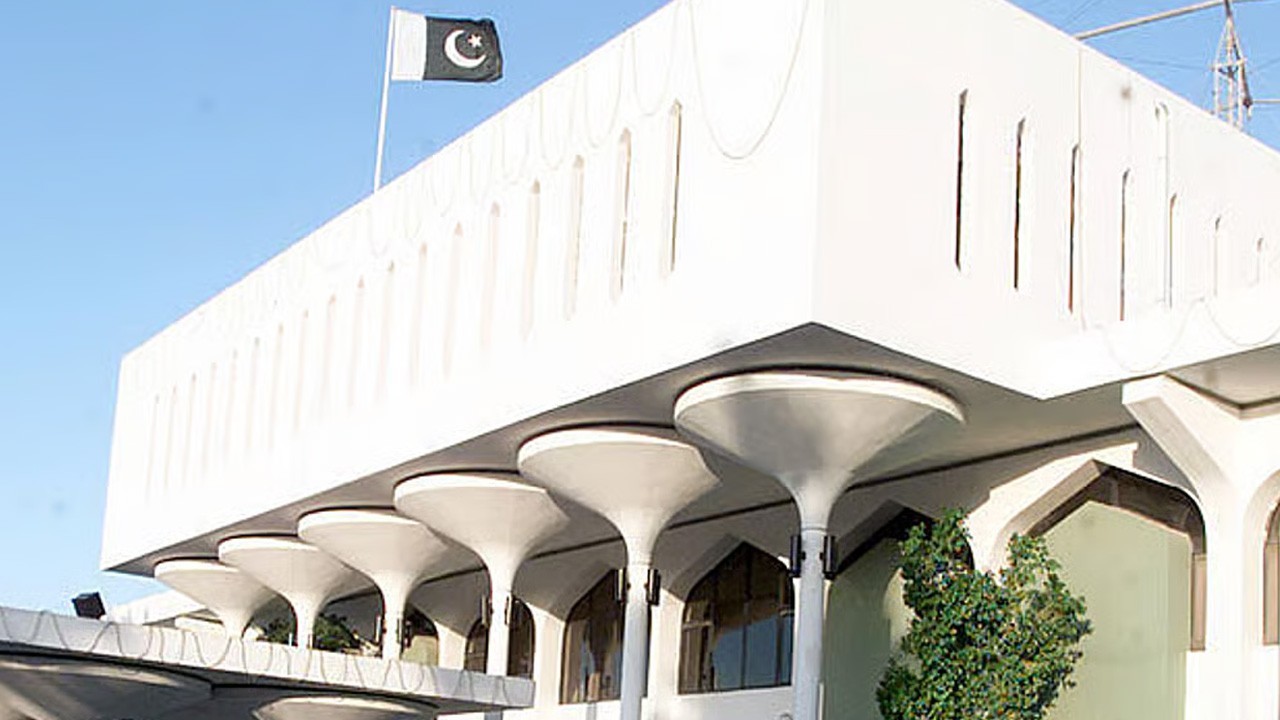


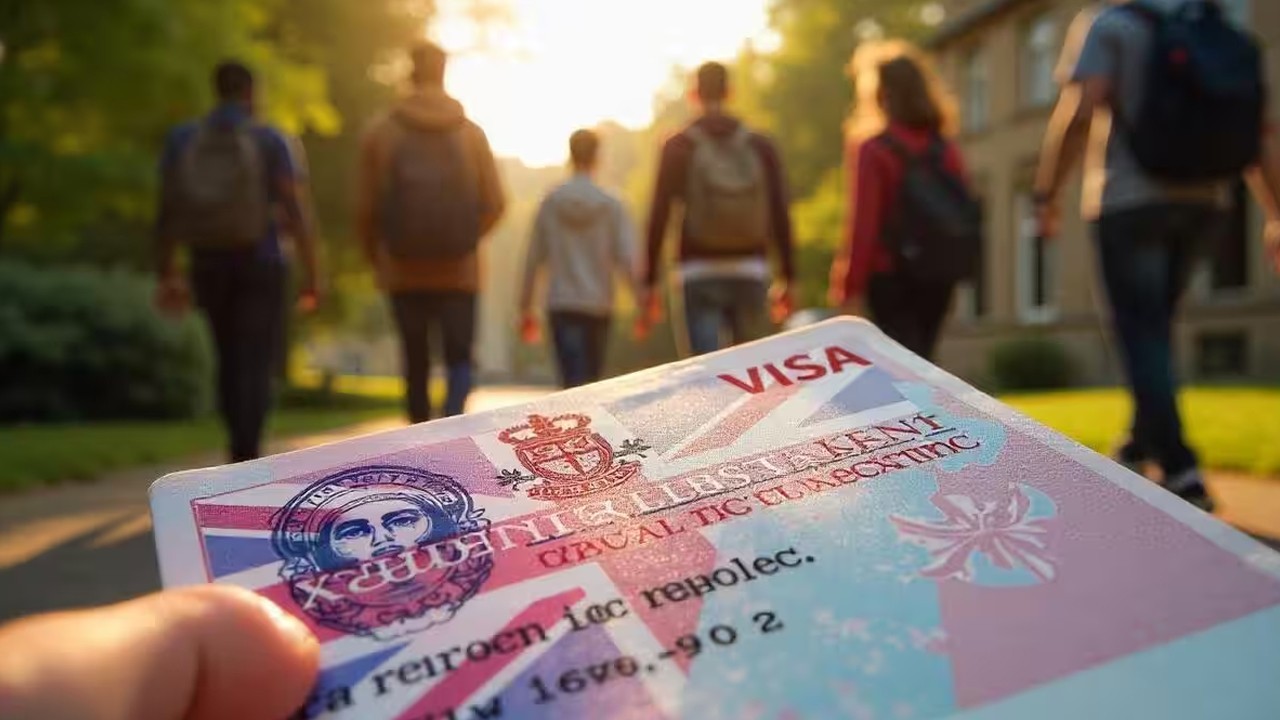

Comments
0 comment